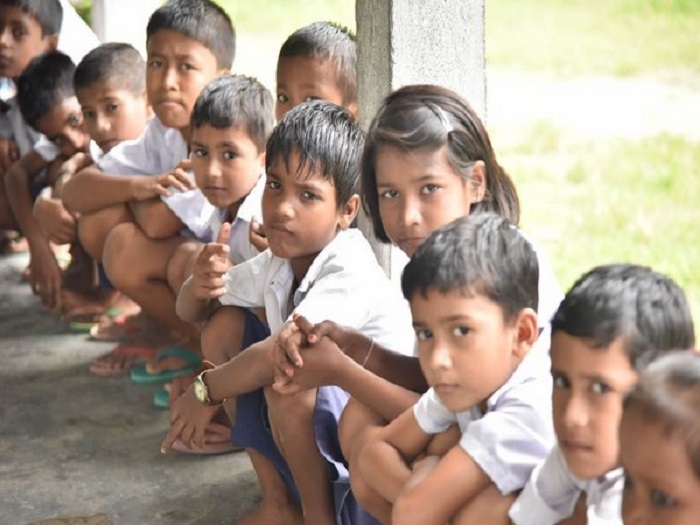
New York: Rapid strides have been made by India in improving malnutrition rates said the UN recently and added that stunting in children below five years has declined from 48 percent to 38 percent in the country between 2006 and 2016.
The government has large food security and anti-poverty programmes. With a five-fold increase in food grain production from 50 million tonnes in 1950-51 to about 250 million tonnes in 2014-15, India has moved away from dependence on food aid to become a net food exporter.
In 2016, the government launched a number of programmes to double farmers' incomes by 2022. These seek to remove bottlenecks for greater agricultural productivity, especially in rain-fed areas.
They include the National Food Security Mission, Rashtriya Krishi Vikas Yojana (RKVY), the Integrated Schemes on Oilseeds, Pulses, Palm oil and Maize (ISOPOM), Pradhan Mantri Fasal Bima Yojana, the e-marketplace, as well as a massive irrigation and soil and water harvesting programme to increase the country's gross irrigated area from 90 million hectares to 103 million hectares by 2017.
The government has also taken significant steps to combat under- and malnutrition over the past two decades, such as through the introduction of mid-day meals at schools, Anganwadi systems to provide rations to pregnant and lactating mothers, and subsidized grain for those living below the poverty line through a public distribution system.
The National Food Security Act (NFSA), 2013, aims to ensure food and nutrition security for the most vulnerable through its associated schemes and program, making access to food a legal right.
To address the linked nutrition and livelihood challenges in India and to ensure that vulnerable groups are not left behind, the UN priority group partners with the government to scale up nutrition services and improve feeding and caring practices.
It assists government efforts to increase the efficiency and effectiveness of the safety nets under the NFSA, and work towards increasing farm incomes for small and marginal farming households.
The group provides support for the strengthening of agriculture and livelihood dimensions of anti-poverty programmes, particularly the Mahatma Gandhi National Rural Employment Guarantee Act and the National Rural Livelihoods Mission, said the UN.
In previous years, the group has collaborated with the Ministry of Health and Family Welfare to hold a national consultation on wheat flour fortification, and with the Food Safety and Standards Authority of India to organize a workshop on advocating for a national food fortification policy.
Led by the United Nations Children's Fund (UNICEF), the priority groups members include the Food and Agriculture Organization (FAO), International Fund for Agricultural Development (IFAD), International Labour Organization (ILO), International Organization for Migration (IOM), United Nations Entity for Gender Equality and the Empowerment of Women (UN Women), United Nations Development Programme (UNDP), United Nations Educational, Scientific and Cultural Organization (UNESCO) and World Food Programme (WFP).